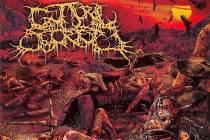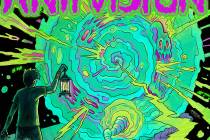The albums that helped drown out the harsh realities of a turbulent year
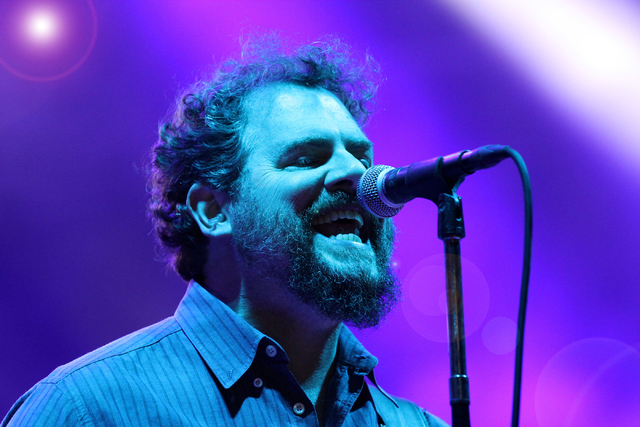
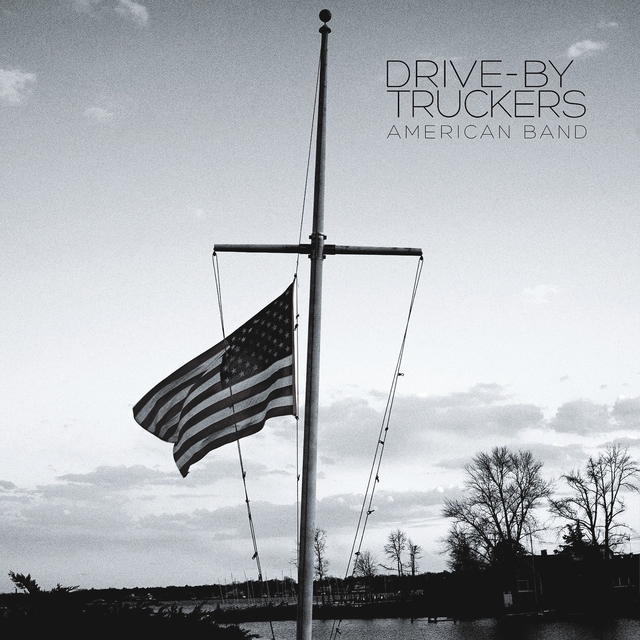
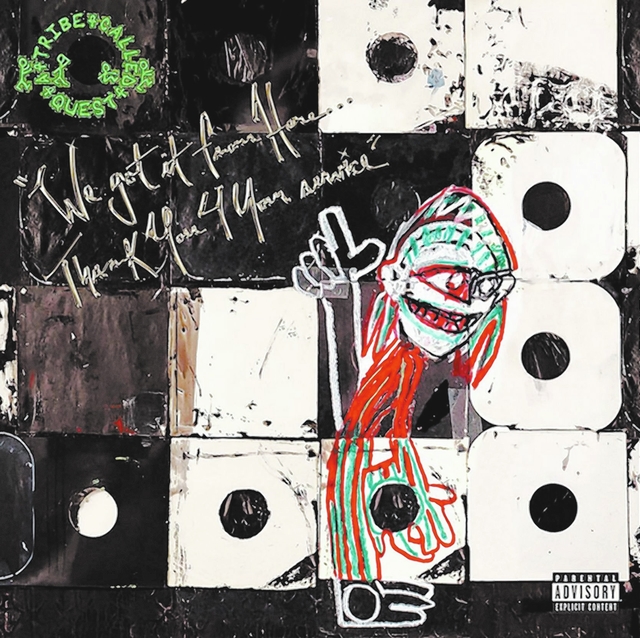
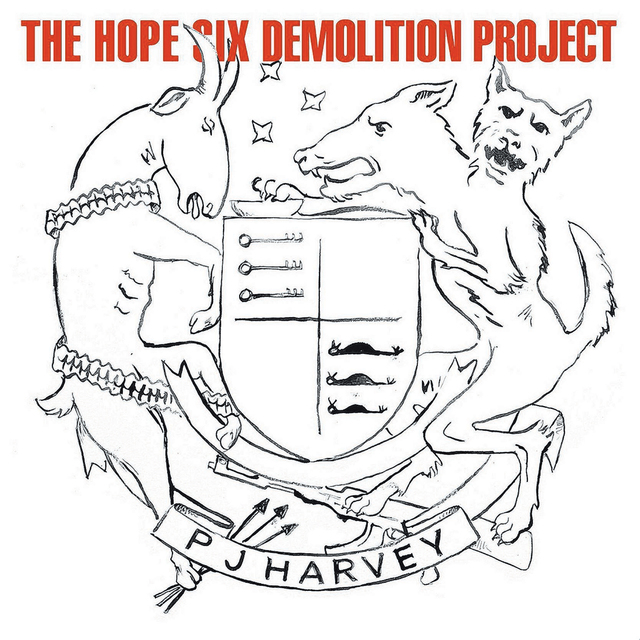

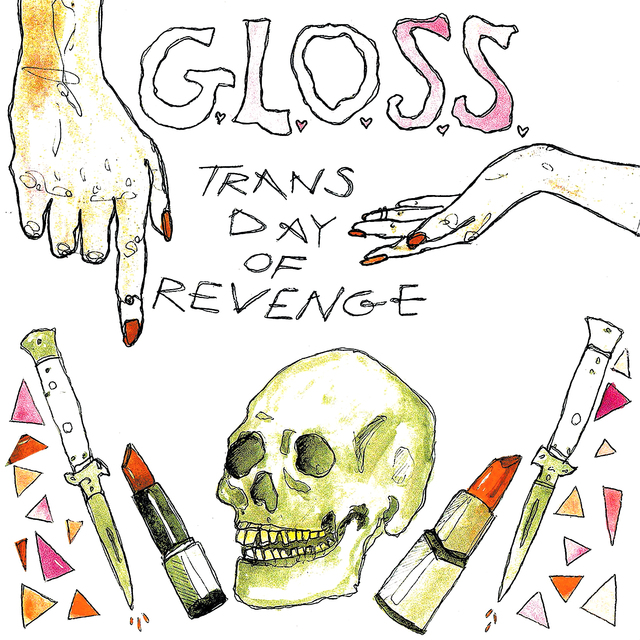
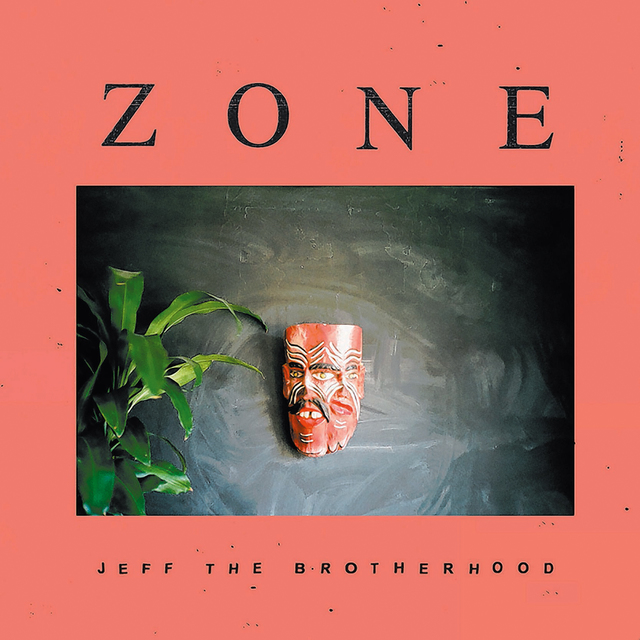
You needed some good tunes to drown out all the heated words that scorched countless throats over the past 12 months. To this end, these were the albums I turned to most often in an intensely turbulent 2016.
No, these aren’t the best records of the year, but they are the ones I dug more than the rest, in no particular order:
G.L.O.S.S., “Trans Day of Revenge”
More than any other recording, this queer punk call to arms captured the rancor and rage of a year in which opposing political and social factions battered each other until their teeth were embedded in one another’s knuckles. What does “Revenge” sound like? A lifetime of alienation and debasement compressed into five songs and just over seven minutes of explosive comeuppance that urges the disenfranchised to “Give Violence a Chance.” G.L.O.S.S. broke up just three months after this EP’s June release, but not before giving us the true soundtrack of 2016. It was a tough year. This is tougher.
A Tribe Called Quest, “We Got It From Here … Thank You 4 Your Service”
“Who can come back years later, still hit the shot?” It’s a question that doubles as its own answer, posed by a sports-obsessed MC who’s no longer with us, but who left behind a hell of a box score, musically speaking. Tribe rhymer Phife Dawg died in March, but not before the “5-foot assassin” made his uniquely punchy presence felt on the pioneering hip-hop outfit’s first album in 18 years. The record bears little of the whimsy that enlivened some of Tribe’s inimitable ’90s repertoire, but it’s not a solemn affair: This is the group at its most outspoken and invigorated, an epitaph for the ages.
JEFF The Brotherhood, “Zone”
Best have Domino’s on speed dial when cranking this stoned-to-the bone revisitation of the highs (literally) of ’90s alt-rock and the lows of one’s bong running empty. Weezer at their giddiest and Nirvana at their crankiest are but two of the touchstones that power this far-out trip through the psych rock cosmos, piloted by siblings Jake and Jamin Orrall, bros literally and figuratively. In these contentious times, the duo offer the year’s best advice on how to deal with life’s challenges. “If you’ve got problems / What do you do?” Jake sings on “Juice.” “Put on a spacesuit / Check out the moon.”
Drive-By Truckers, “American Band”
Plenty of the Truckers’ equally lyrical and emotionally lacerating roots-rock repertoire has been mined from events of the past, from the personal fallout of the Tennessee Valley Authority’s hydroelectric expansion (“Uncle Frank”) to Lynyrd Skynyrd-inspired tales of excess and glory (“Southern Rock Opera”) to the rise of ’90s angst-on-a-stick alt-rock and the fall of hair metal (“Self-Destructive Zones”). But “American Band” is the Truckers’ most of-the-moment record, an album directly, combustibly informed by the divisiveness of the present. “I mean, Barack Obama won / And you can choose where to eat / But you don’t see too many white kids / Lying bleeding on the street,” singer-guitarist Patterson Hood sings on “What It Means,” doing his damnedest to make all that spilled blood mean something.
Meshuggah, “The Violent Sleep of Reason”
In the past, Meshuggah’s imposing prog-metal was defined by precision, so much so, that it was as if their riffs were laser-guided, meted out by a bunch of factory-assembled Swedes with steel fingers and iron livers. They loosen up a bit on this, their eighth album, which was mostly recorded with the band playing live together in the studio as opposed to being cut and pasted to perfection via Pro Tools. The difference is subtle, yet significant: These more organic-sounding songs swing, breathe and come at you from every direction. Hey, turns out all that inhuman playing was actually done by humans after all.
PJ Harvey, “The Hope Six Demolition Project”
PJ Harvey has made some harrowing records before (see: “White Chalk”). But whereas that album’s horrors were directed inwardly, its protagonist bewitched by loneliness, this record looks outward. Here, Harvey tries her hand as a war reporter of sorts, visiting Afghanistan, Kosovo and Washington, D.C., prior to the making of the record. Her voice is alternately detached and impassioned, her lyrics reading like a journalist’s transcribed notepad. Over wisps of saxophone and stirring percussion, she coolly runs down the carnage she sees in a landscape flecked with human remains, buildings decaying like rotten teeth and all the things we use to anesthetize ourselves from said ruin, from booze to dope to the wares of Wal-Mart. The whole point of the album is to mirror the times in which it was made, and no escape is offered.
Crystal Castles, “Amnesty (I)”
There’s a fine line between catchy and grating, and Crystal Castles further reduce said demarcation to the thickness of gnat antennae on “Amnesty (I).” The electro-noise duo has a new singer-shrieker in Edith Frances, but like her predecessor, Alice Glass, her voice serves as both a reassuring beacon of light in a fog of dissonance and a blaring vocal bullhorn ringing out like an agitated car alarm. Their tunes exist on one of two settings: pure sonic catharsis, scream therapy with a digital pulse, or dreamy excursions into a netherworld of sound. Both are frightening and alluring at once, scary and sensual, united in the sense that neither offers any of the forgiveness this album’s title suggests.
Gøggs, “Gøggs”
Too much of contemporary hardcore has been reduced to lunkheaded proclamations of masculinity deadened by lyrics that seem inspired by some dubious self-help seminar hosted in a Holiday Inn Express conference room somewhere. Gøggs mercifully cut through the testosterone with an inspired take on early-’80s West Coast hardcore blasted through a garage rock filter via Ty Segall’s almost comically overdriven guitar. With Ex-Cults frontman Chris Shaw on the mic and FUZZ drummer Charles Moothart rounding out the trio, Gøggs craft a fresh sound out of familiar components. Seriously, when was the last time you played air guitar to a hardcore record?
Nice as (Expletive), “Nice as (Expletive)”
Jenny Lewis goes from stoney indie Cosmo girl to stoney indie party starter on this soundtrack to a dozen or so righteous hangovers. With stabbing bass lines and drums that hit hard enough to deploy airbags, songs like “Higher” and “Door” are two of the best proto-punk jams Chrissie Hynde forgot to write three decades ago. Meanwhile, we’re not sure the human body can handle the amount of Jager Bombs that it would take to catalyze as many goofy dance moves as the seismic funk of “Homerun.” Cue it up, and make sure no one’s watching.
Gehennah, “Too Drunk to Live, Too Loud to Die”
Gehennah is kind of like a drunken, long-haired, leather-clad Walter Sobchak: This is metal, not ’Nam, there are rules, and these perpetually soused Swedes are here to enforce them.
“If we find a word about your love life in your lyric sheet / Then you will kiss the asphalt, taste the concrete,” they warn poseurs on “Life Metal Must Die.” “If you sing about your broken heart, your nose will break, too.”
Sadly, the mighty Motorhead is no more with the passing of metal god Lemmy Kilmister, but these dudes compensate with thoroughly debauched thrash ’n’ roll that’ll ruin your hearing and cost you friends. But, as this rager points out, metal and beer are the only life companions you truly need anyway.
Read more from Jason Bracelin at reviewjournal.com. Contact him at jbracelin@reviewjournal.com and follow @JasonBracelin on Twitter.









